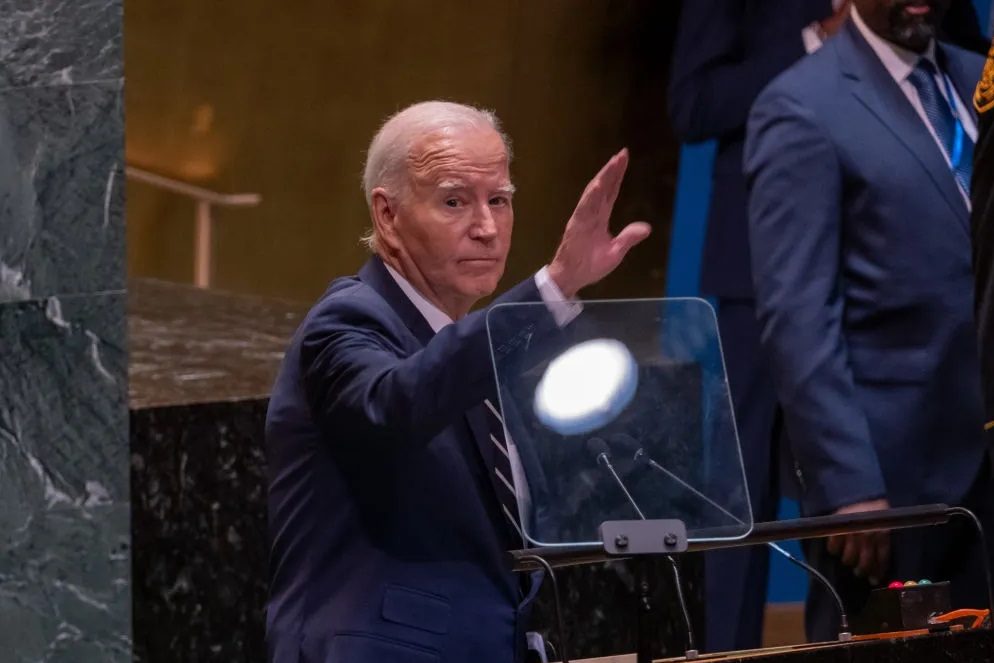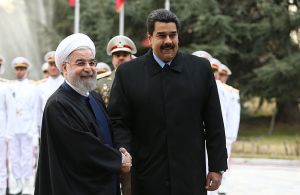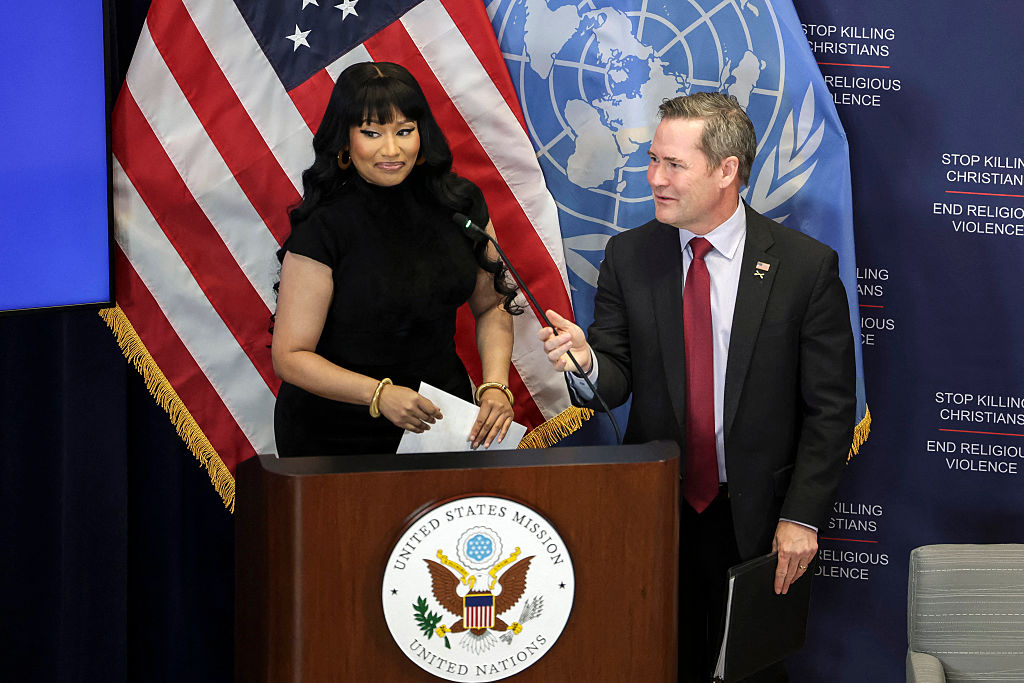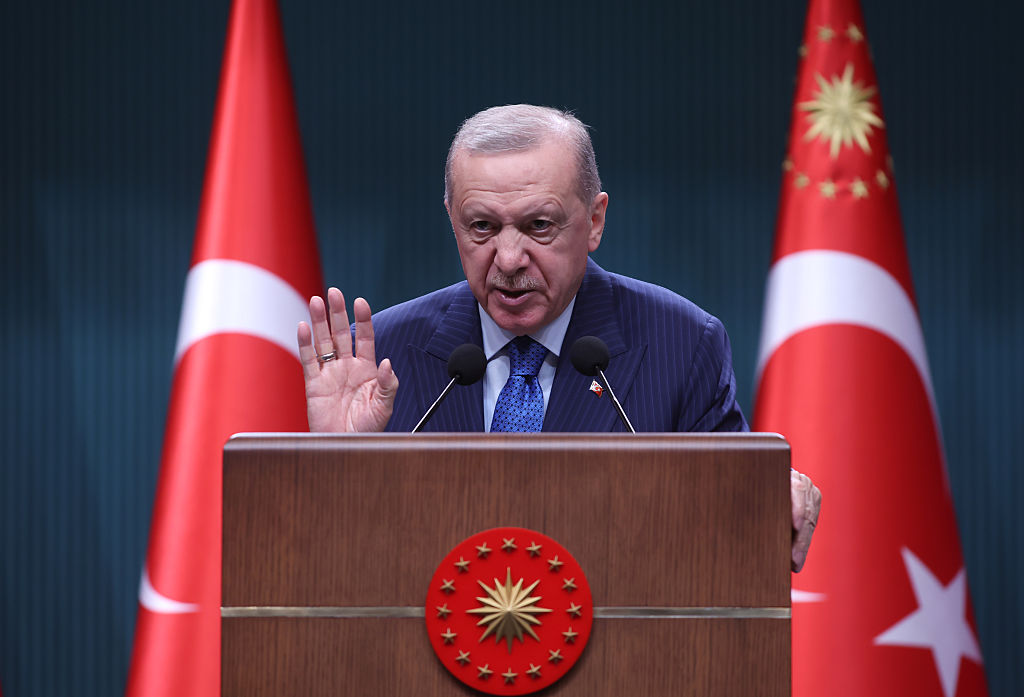“Some things are more important than staying in power,” Joe Biden just told the United Nations, and the General Assembly broke into sustained applause. Biden left the stage clasping his hand to his chest, so touched that he had so touched the crowd.
“It’s your people that matter the most,” said Biden. “Never forget we are here to serve the people. Not the other way around.” It says quite a lot about the state of modern political leadership that such remarks are construed as moving insight.
Let’s try to put aside how bogus Biden’s departing shtick is. The truth, which we all know, is that he spent the best part of four years refusing to admit that he was too old to serve effectively as America’s commander-in-chief. He did not finally accept that his time was up, at least not through his own volition. His peers in the Democratic Party pushed him off his re-election campaign only after it became too painfully obvious that he was going to lose.
Biden did not finally accept that his time was up
That’s all by-the-by now. What was more irksome about Biden’s sentimental farewell today is that, for the UN elite, the spectacle of a president professing that he ought not to cling on to power for power’s sake can be taken as an expression of heroic virtue. It ought to be glaringly obvious that leaders should serve their people, not themselves. Yet Biden is now heralded for saying so — as if he were a benign dictator who chose to stand down because of his deep love of country. The actual autocrats in attendance must have enjoyed that.
The rest of Biden’s speech was more familiar fudge. It’s evident that the world has become more dangerous and war-torn since Biden took over the White House in January 2021. The extent to which that is his fault is a matter of debate. But his last address to the UN showed his distinct lack of clarity on foreign affairs, something that has in many ways defined his presidency. On Gaza, he hedged his support for Israel by expressing his concern for the Palestinian people and his wish for a ceasefire. On China, he appealed for cooperation tackling the scourge of fentanyl without offering any clear line as to America’s position on the possible invasion of Taiwan. He called for Ukraine to stay the course until a “just and durable peace” can be achieved, but did not explain how such an outcome might be brought about. On Sudan, he called for nations to stop arming the warring sides, but didn’t name the guilty parties.
Yes, he pledged $500 million to help tackle the growing mpox outbreak in Africa and issued some important-sounding platitudes about artificial intelligence. But he only briefly mentioned Iran, saying that he would never allow Tehran to develop nuclear weapons without addressing its role in the escalating conflict in the Middle East.
He took credit for Afghanistan: “I was determined to end it and I did.” But he didn’t acknowledge America’s multi-trillion and bloody failure to turn that country into a functional state, let alone the disastrous evacuation of US forces from that conflict. For presidents such as Joe Biden, some things are more important than the truth.
This article was originally published on The Spectator’s UK website.

























